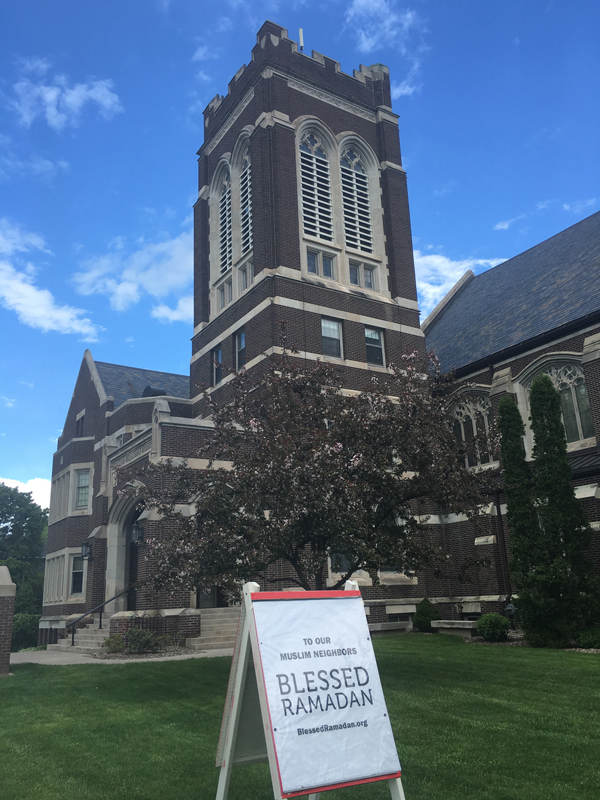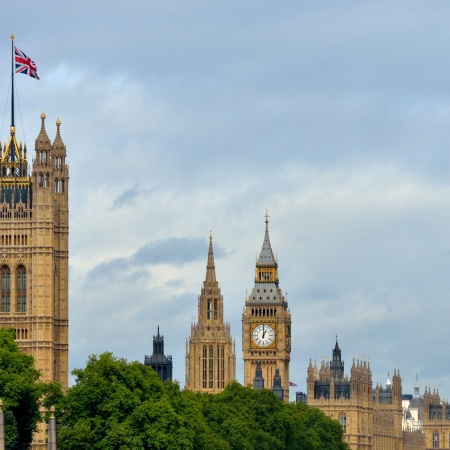“Game Over” for Gaddafi?
By Nick Carey and Adam Gray-Block
 |
Stockpiles of ordnance inside a Gaddafi ammunition bunker which is now controlled by rebel fighters are seen approximately 40 kms (25 miles) southeast of Zintan June 29, 2011. REUTERS/Anis Mili |
(Reuters) – Libya’s Muammar Gaddafi could fall within two to three months, the International Criminal Court’s prosecutor said on Tuesday, as rebels sought to build on a gradual advance toward Tripoli.
The ICQ’s Luis Moreno-O campo, who on Monday announced an arrest warrant for Gaddafi on charges of crimes against humanity, is the latest international official to say the Libyan leader would soon capitulate to a NATO-backed revolt.
“It is a matter of time … Gaddafi will face charges,†Moreno-O campo told reporters in The Hague, where the warrants were approved for Gaddafi, his son Said al-Islam and Libyan intelligence chief Abdullah al-Senussi.
He added: “I don’t think we will have to wait for long…In two or three months it is game over.â€
The Libyan administration rejects the authority of the ICC and has denied targeting civilians, saying it has acted against armed criminal gangs and al Qaeda militants.
While there is little chance of Gaddafi being arrested if he remains in power, his foes have seized on the warrant to justify the three-month NATO bombing campaign and to try and bolster world opinion in support of the operation.
In Washington, a U.S. Senate panel backed a resolution to formally authorize continued U. s. participation in the NATO-led operation. Senators on the panel rebuked President Barrack Obama for not having sought congressional approval in the first place.
In comments that appeared to make any political settlement even less likely, rebels said after talks in Paris that even indirect contacts with Gaddafi were now excluded — hardening a line that until now acknowledged talks through intermediaries.
“I don’t think there is any place for direct or indirect contact with Gaddafi,†Mahout Sham, a spokesman for the National Transitional Council (NTSC) said after meetings with French President Nicolas Sarkozy.
In its eastern stronghold of Benghazi, the NTSC hosted the foreign minister of Bulgaria, whose country along with Romania brought to at least 22 the number of states which recognize the NTSC as representatives of the Libyan people.
Rebels Closer to Tripoli
The rebellion against Gaddafi has made only slow progress since Western countries began bombing three months ago, but rebels say they are finally advancing closer to Tripoli.
Rebels based in the Western Mountains region southwest of the capital made their biggest breakthrough in weeks on Sunday to reach the town of Birr al-Ghanam, where they are now fighting pro- Gaddafi forces for control, their spokesman said.
The move took them 30 km (18 miles) north of their previous position and closer to Tripoli, Gaddafi’s main power base.
A rebel spokesman said there had been further fighting on Monday. “Fighting broke out yesterday evening in Birr Ay and Birr al-Ghanem. The (government) brigades used Grad rockets. The fighting stopped later after strikes by NATO,†he said.
A Reuters photographer said rebels tried to salvage weapons from a pro- Gaddafi arms depot some 20 km (13 miles) southeast of the nearby town of Zintan after it had been bombed by NATO, but they were prevented as fire broke out across the entire depot.
Elsewhere, rebels in Misrata said Gaddafi’s forces struck at the Mediterranean coastal city some 200 km (125 miles) east of Tripoli overnight. Rebels said they blew up a vehicle laden with arms belonging to Gaddafi’s forces in nearby Zlitan on Tuesday but were downbeat on the prospect of any imminent advances.
“Given our limited means, I don’t see how we are going to make major gains,†a rebel spokesman called Abdelsalam said.
The revolt has turned into the bloodiest of the Arab Spring uprisings against autocratic rulers across the Middle East, becoming a full-blown civil war with control of the country divided between the rebels and Gaddafi’s government.
In London, a British minister told reporters a team planning for a post-conflict Libya had recommended Gaddafi’s security forces be left largely intact after any rebel victory, avoiding an error made after the Iraq war.
“One of the first things that should happen once Tripoli falls is that someone should get on the phone to the former Tripoli chief of police and tell him he’s got a job and he needs to ensure the safety and security of the people of Tripoli,†said International Development Secretary Andrew Mitchell.
The report of the UK-led team is to be presented at the next meeting of an international contact group on Libya on July 15.
“NATO Fig Leafâ€
Reporters were taken on Tuesday by Libyan government minders to the town of Bain Wailed, a tribal stronghold about 150 km (90 miles) southeast of Tripoli to attend a pro- Gaddafi rally.
“We are here to show that all Libyan people love Gaddafi,†said schoolteacher Halo Aimed, 20, one of 200 mostly female supporters, some of whom fired machine guns in the air, while two carried unloaded rocket-propelled grenade launchers.
Bain Wailed is home to the Walhalla, Libya’s biggest tribe, which originally announced its opposition to Gaddafi when the uprising began in February. The tribe’s revolt was quickly suppressed by forces loyal to Gaddafi.
The launch of a third war in a Muslim country has divided U. s. public opinion while tens of thousands of troops are still deployed in Afghanistan and Iraq. U. s. forces took the lead in the air campaign’s initial days, but quickly turned command over to NATO, with most bombing carried out by Britain and France.
The Senate Foreign Relations Committee backed a resolution formally authorizing U. s. participation in the operation but banning the introduction of U.S. troops on the ground.
Senators said Obama should have sought approval in Congress earlier. U. s. State Department legal adviser Harold Kohl said no authorization was needed because the U. s. role was too limited to be considered “hostilities†under the War Powers Resolution, which requires presidents to seek approval for military action.
Senator Jim Webb, a Democrat and former U. s. Navy secretary, said any operation that lasts for months and costs billions could be defined as hostilities “even under the NATO fig leaf.â€
(Additional reporting by Maria Gorgonian in Benghazi, Michael Martian in Beijing, Susan Cornell in Washington, John Irish in Paris, Joseph Nash in Berlin, David Brainstorm in Brussels and Hasid Auld Aimed in Algiers; Writing by Mark John; Editing by Peter Graff)
13-27













2011
939 views
views
0
comments